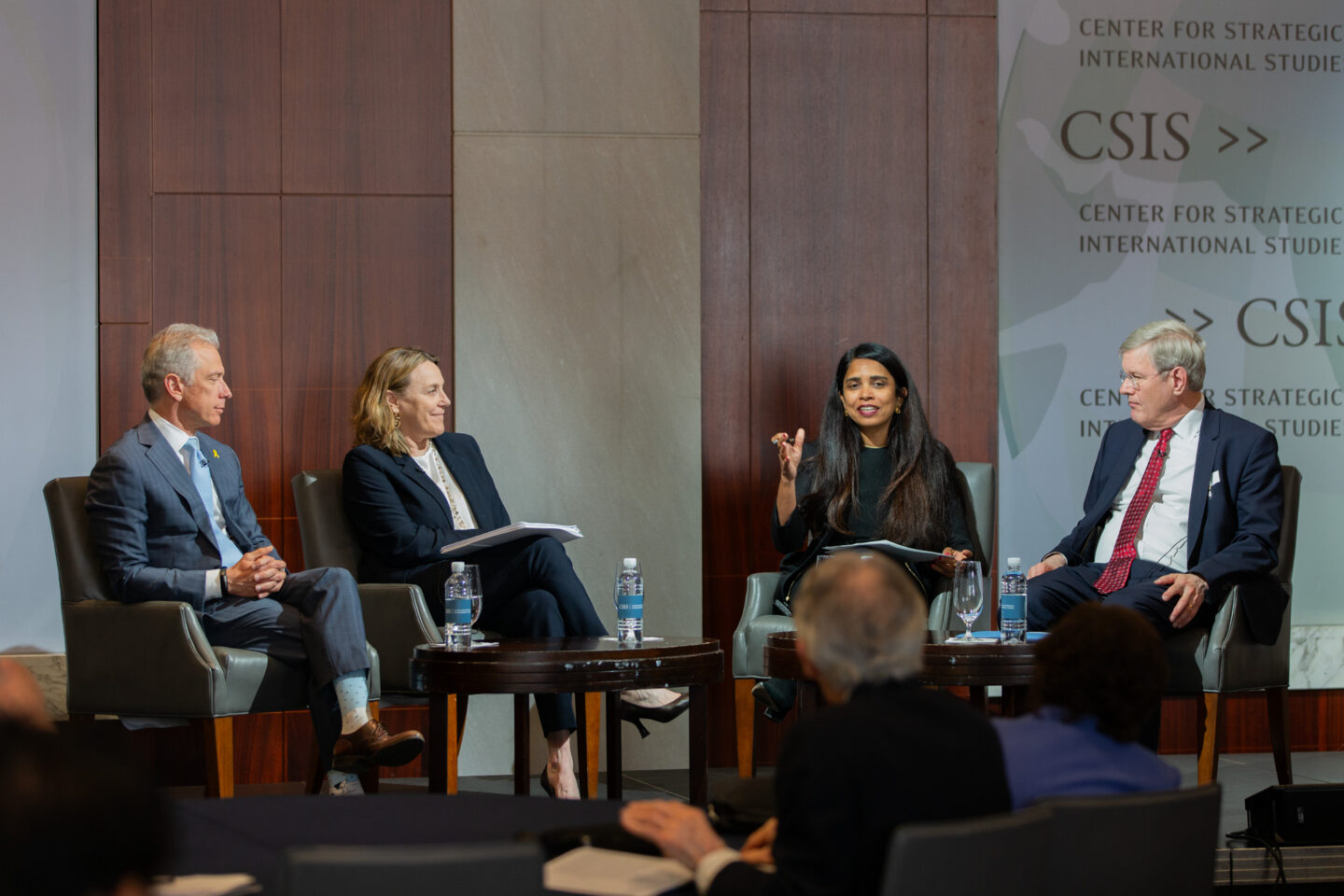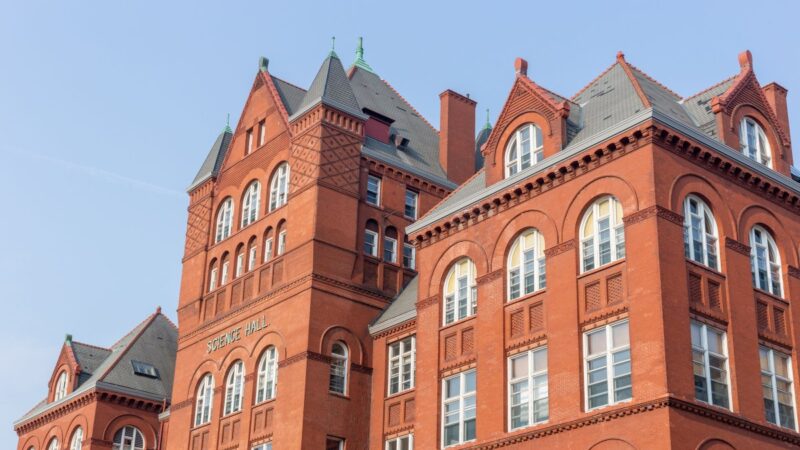(Transcript) 2025 LeadershIP Conference Panel III: Intellectual Property and Artificial Intelligence

This transcript is from the 2025 LeadershIP Conference hosted at CSIS on April 1st, 2025. Watch the full video here.
(DOWNLOAD) LeadershIP 2025 – Panel III Transcript
Panel Description: The Artificial Intelligence revolution has raised key questions that society has yet to answer, from pending litigation over training data ownership to questions around AI-assisted inventorship. This panel explores the pressing issues at the intersection of AI and IP relating to patents, copyrights, and trademarks.
Speakers
Dr. Kirti Gupta, Executive Director, LeadershIP; Senior Adviser, Renewing American Innovation, CSIS
Dr. Francesca Ferrari, Professor, University of Insubria
Hon. Dr. Harold Furchtgott-Roth, Senior Fellow and Director, Center for the Economics of the Internet, Hudson Institute
Andrei Iancu, Senior Adviser, Renewing American Innovation, CSIS


Universities, Patents, and the Future of U.S. Competitiveness
